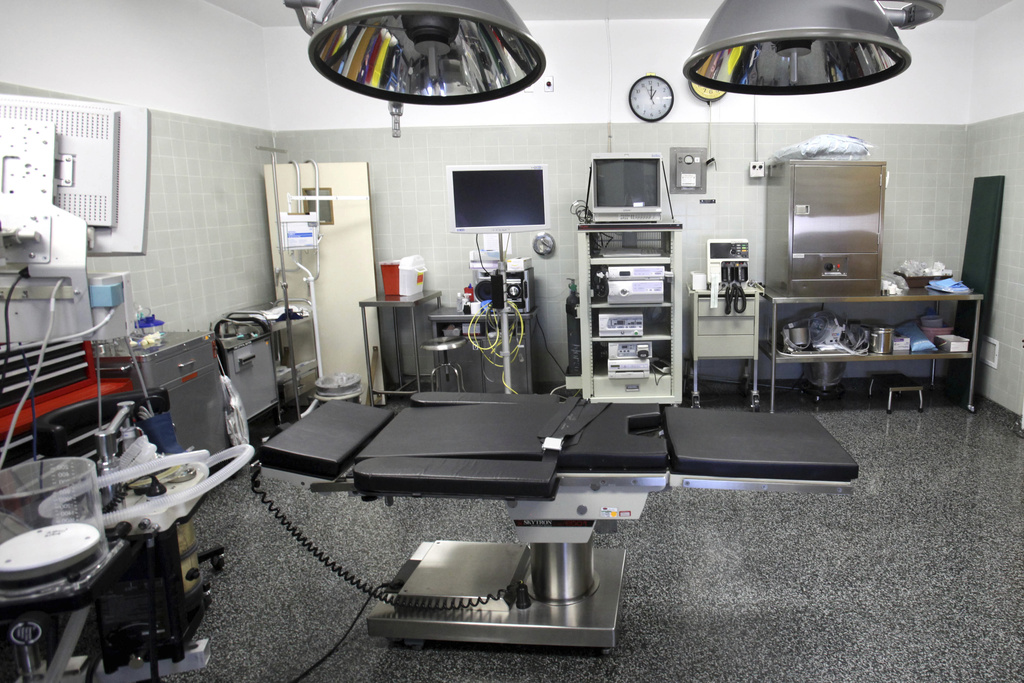
File – July 27, 2010, California Operating Room. Hospitals must obtain written informed consent from patients before undergoing pelvic exams or other sensitive areas. The federal government announced Monday, April 1, 2024, especially if the test is performed while the patient is unconscious. (AP Photo/Rich Pedroncelli, File)
(AP) – Hospitals will obtain written informed consent from patients before undergoing pelvic exams and other sensitive areas, especially if the test is performed while the patient is unconscious. The federal government announced Monday.
New guidance from the U.S. Department of Health and Human Services requires consent for breast, pelvic, prostate and rectal exams performed by medical students, nurses and physician assistants for “educational and training purposes.”
The guidance was issued to “reiterate and clarify” hospital consent requirements, according to a release from the department. Federal regulations previously referred to obtaining consent for “essential duties” related to surgery and did not specify the level of detail regarding medical students.
Melanie Fontes Reiner, director of the Office of Civil Rights, said hospitals could be ineligible to participate in the Medicare and Medicaid programs if they do not obtain explicit consent, and if they violate patient privacy laws. He said he could be subject to fines and an investigation.
Physicians and medical students may examine sensitive areas for training purposes while a patient is under anesthesia. At least 20 states have passed laws requiring patient consent.
Health Secretary Xavier Becerra and other top health officials criticized these tests for being conducted without their explicit consent in a letter sent to teaching hospitals and medical schools on Monday. The letter said hospitals must set “clear guidelines to ensure that health care providers and residents performing these tests first obtain and document informed consent.” .
How often are these tests performed, experts say, or how often do patients consent before surgery when they sign documents giving broad consent to various procedures? It is said that it is difficult to say whether they understand.
Scott Berkowitz, founder and president of the Rape, Abuse and Incest National Network, said in a statement that the letter is “an important step forward in protecting patients and residents.”
“This is a shocking problem, but the solution is very simple: hospitals need to clearly and explicitly ask for consent,” he said.
Alexandra Fountain, a medical student at Ohio University who testified before a state House committee opposing the practice, was skeptical that the letter would result in “real policy, real change.” But she added that it made her feel more protected and respected.
“My biggest fear is that something like that will happen,” she said. “As women, we all fear violence on a daily basis… but I think it's especially frightening when you're in a very vulnerable position, like anesthesia.”
House Bill 89 was introduced on March 7 by Ohio Representative Brett Hillyer and Munira. If enacted, this bill would allow doctors, nurses, and health care professionals in training to perform pelvic surgery on unconscious or anesthetized patients without prior authorization, unless medically necessary. , prostate and rectal examinations are prohibited. Click here for more information.


